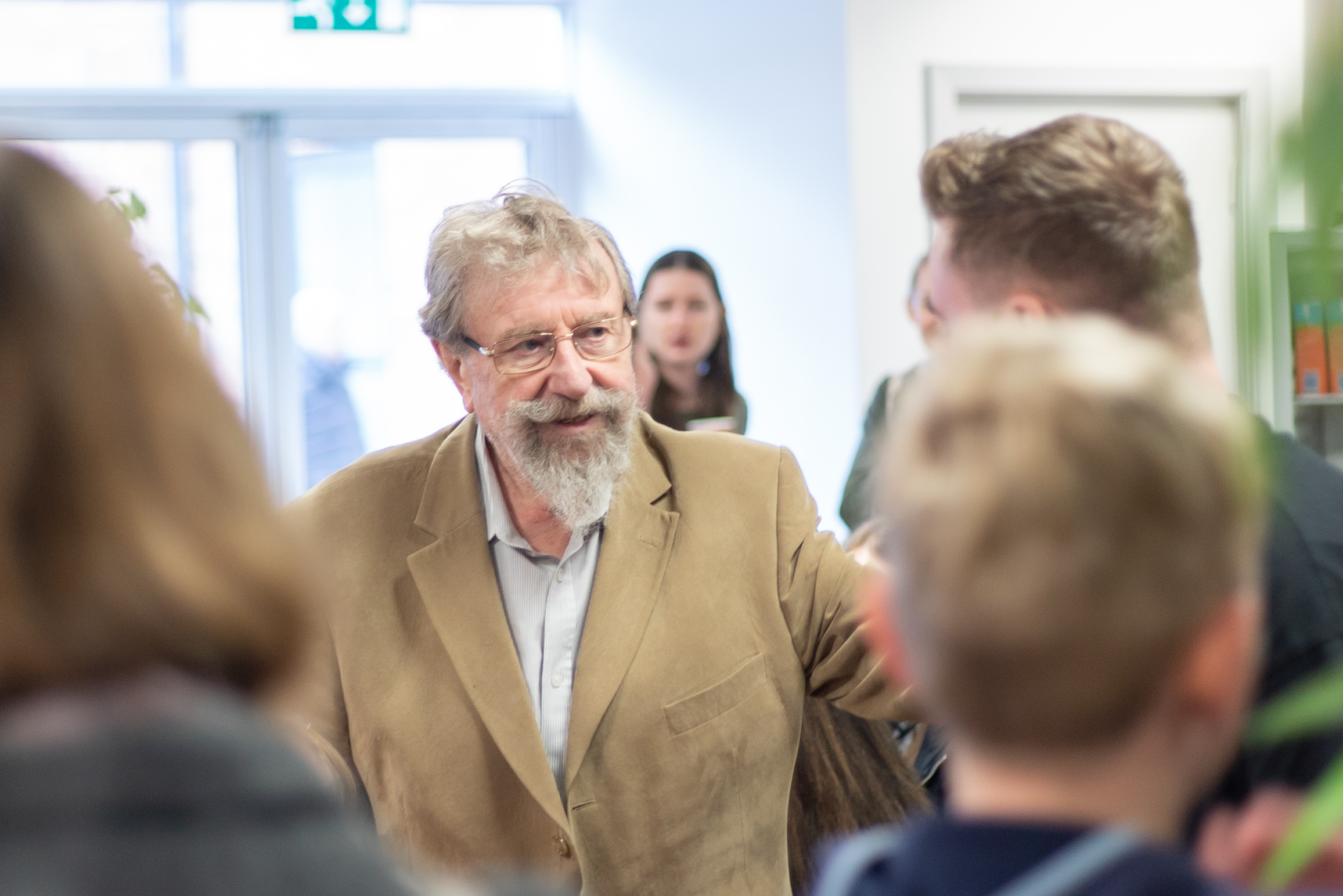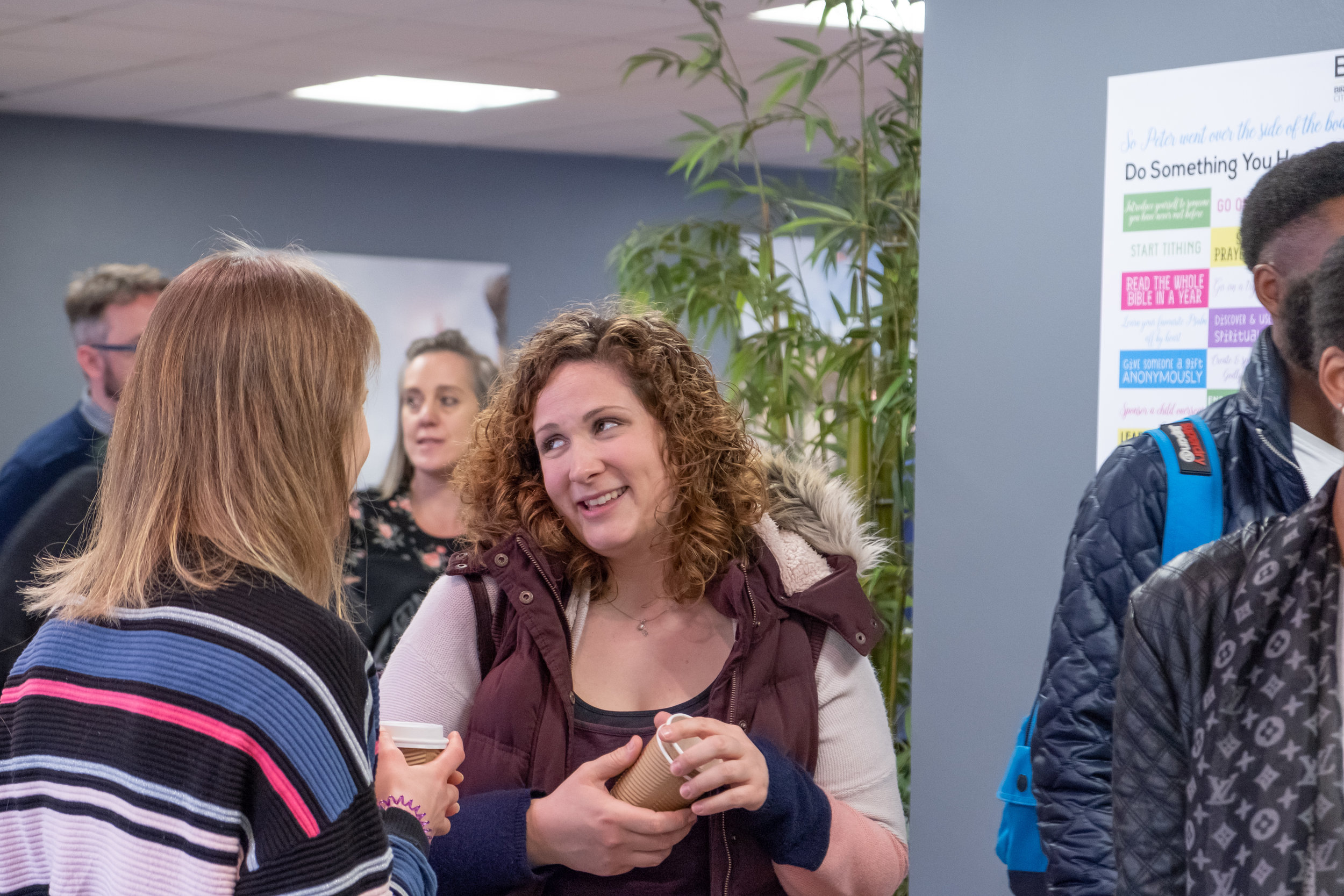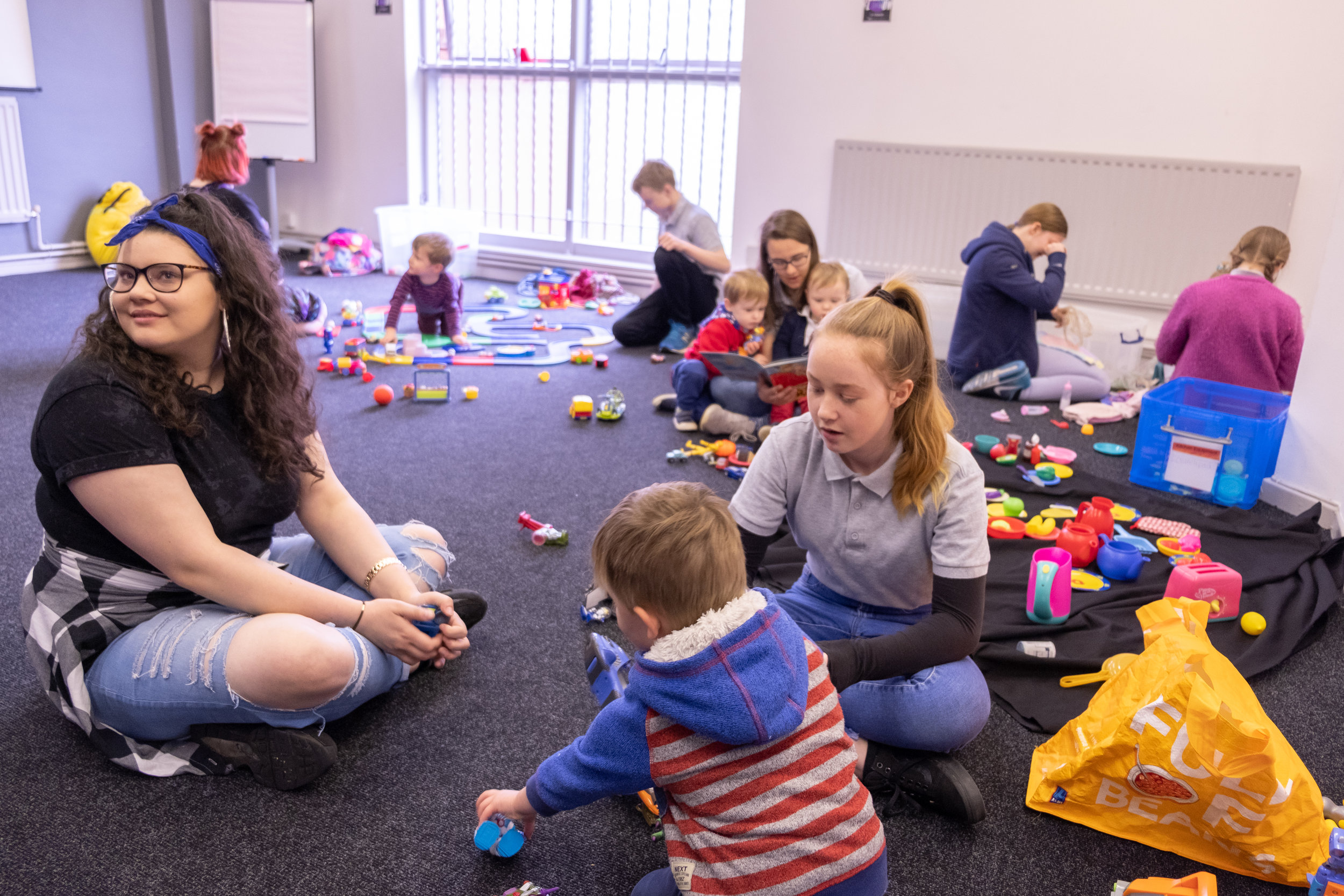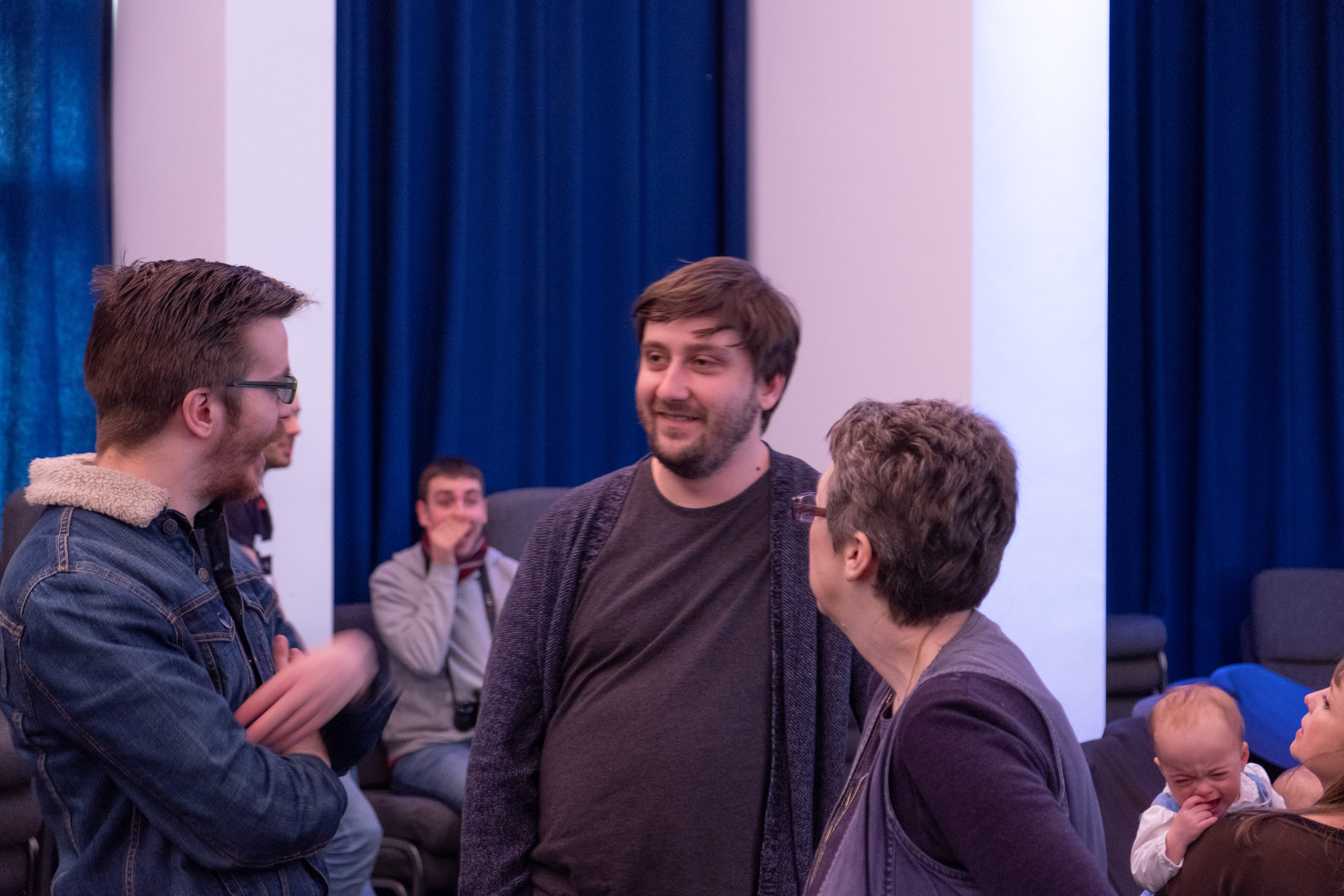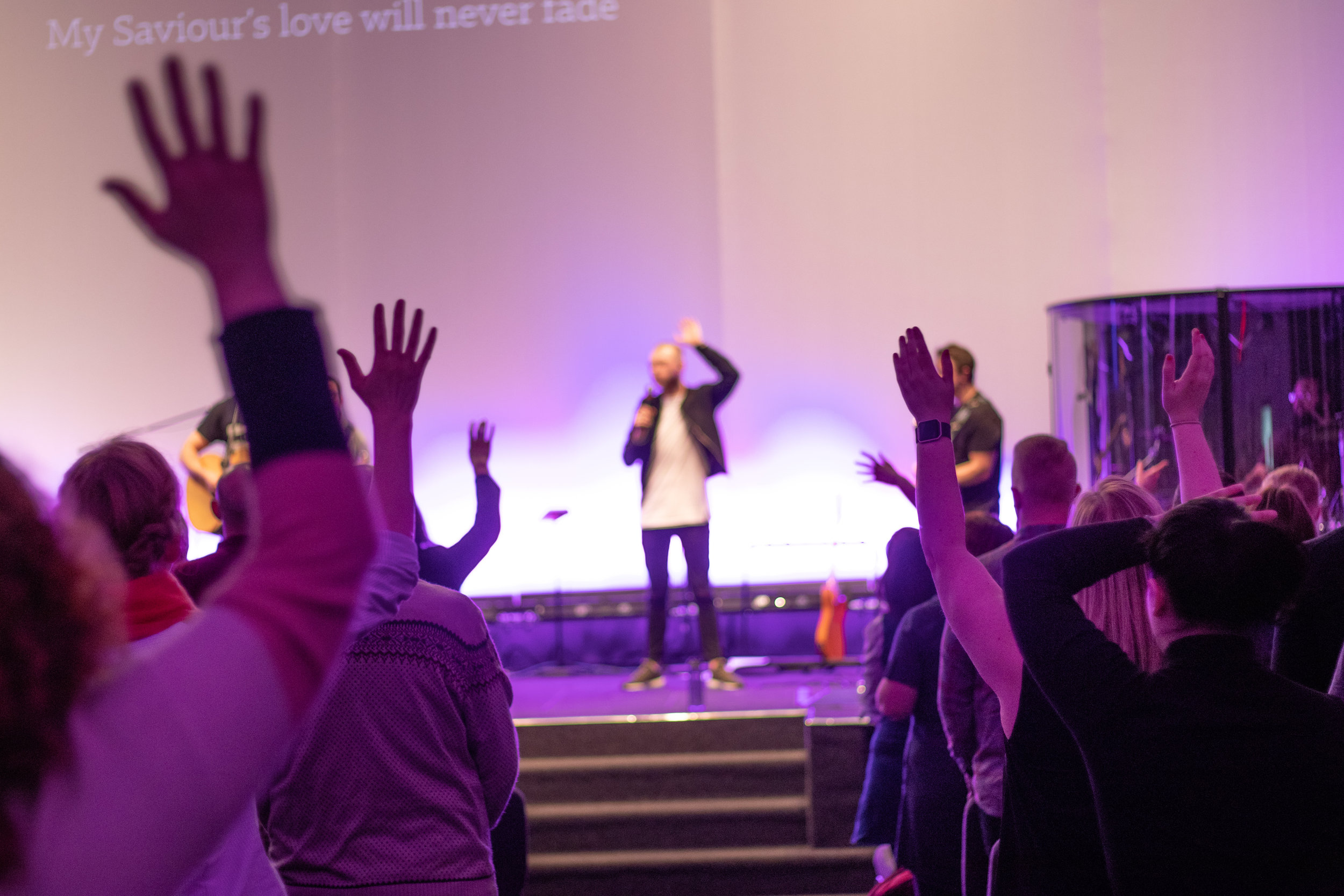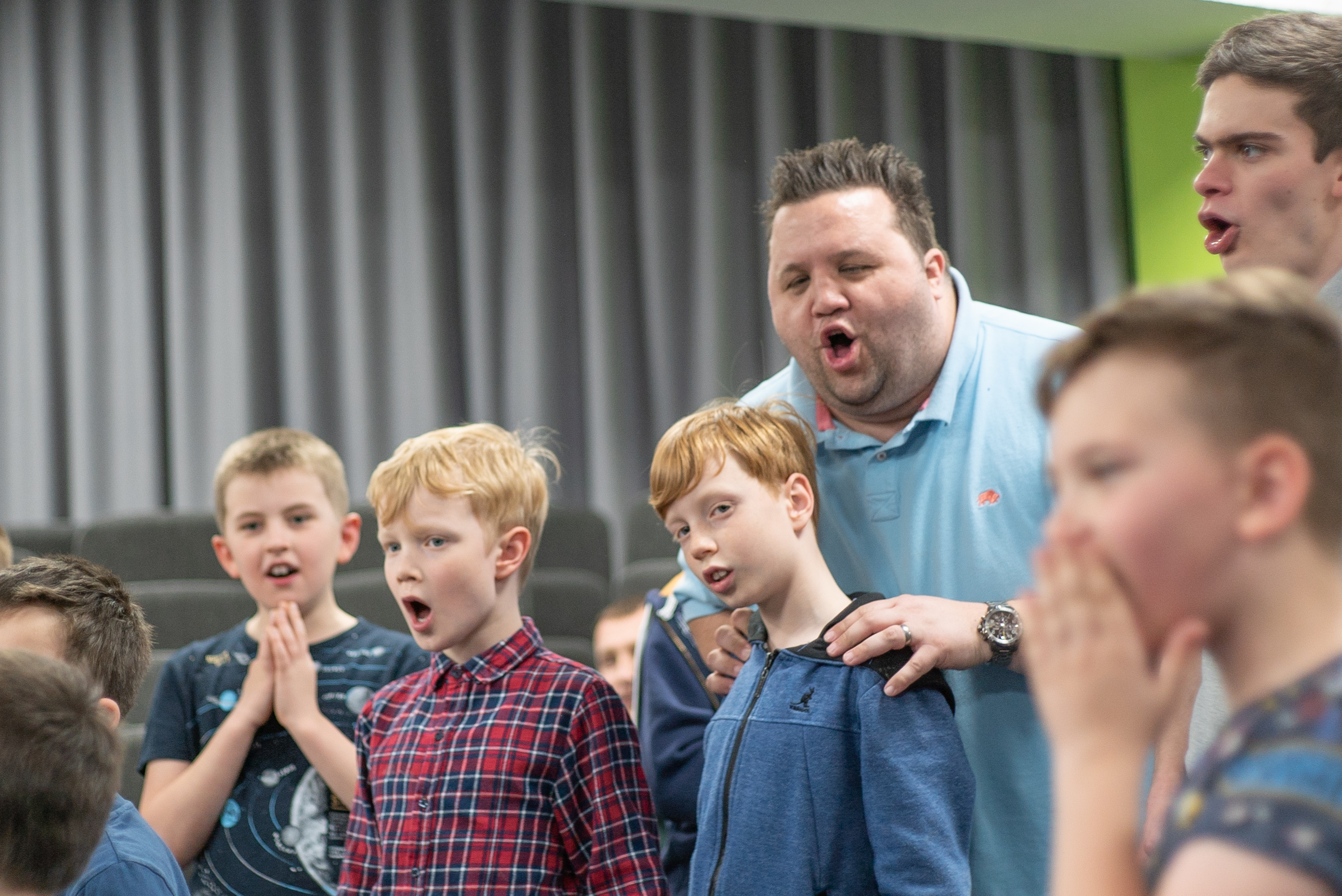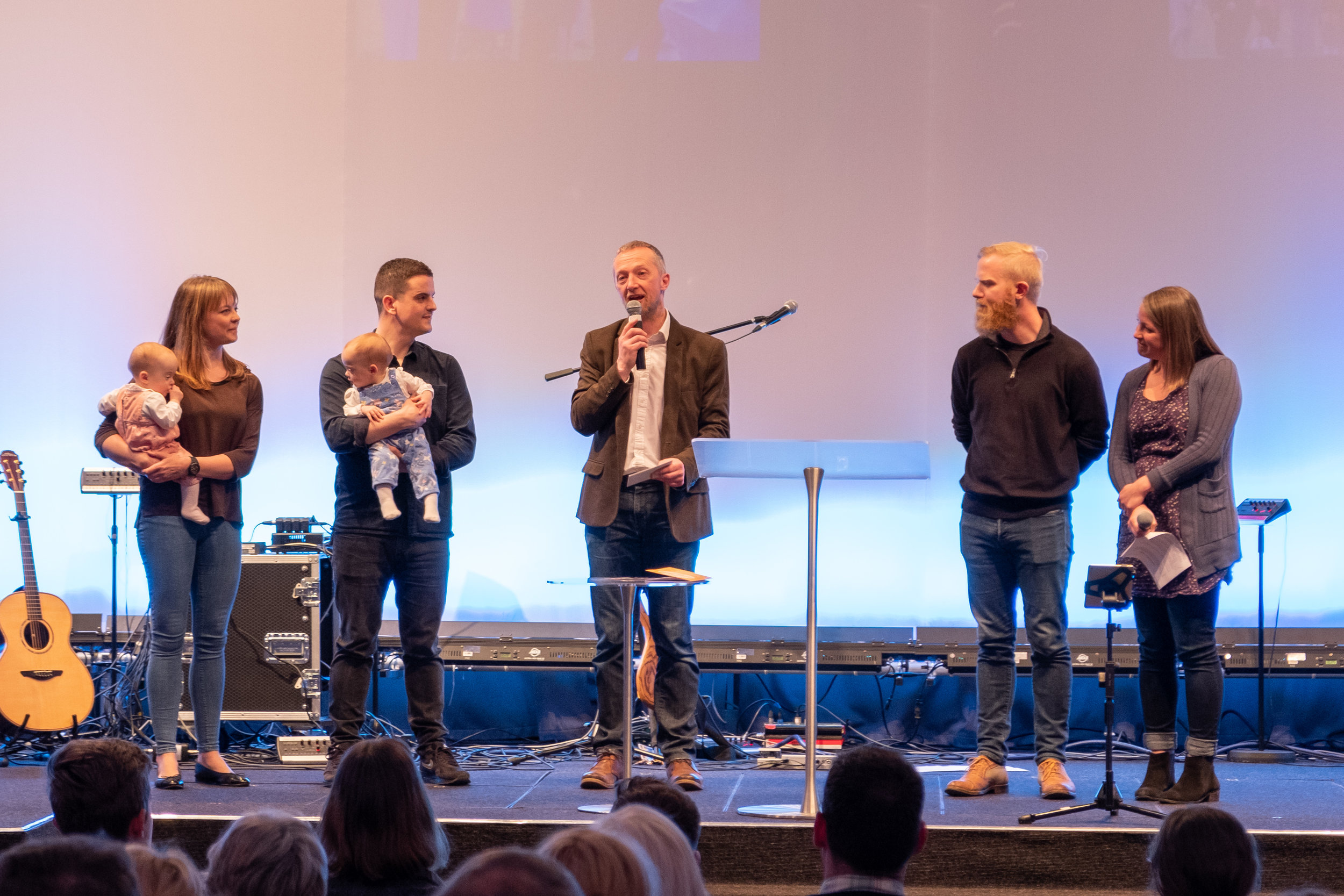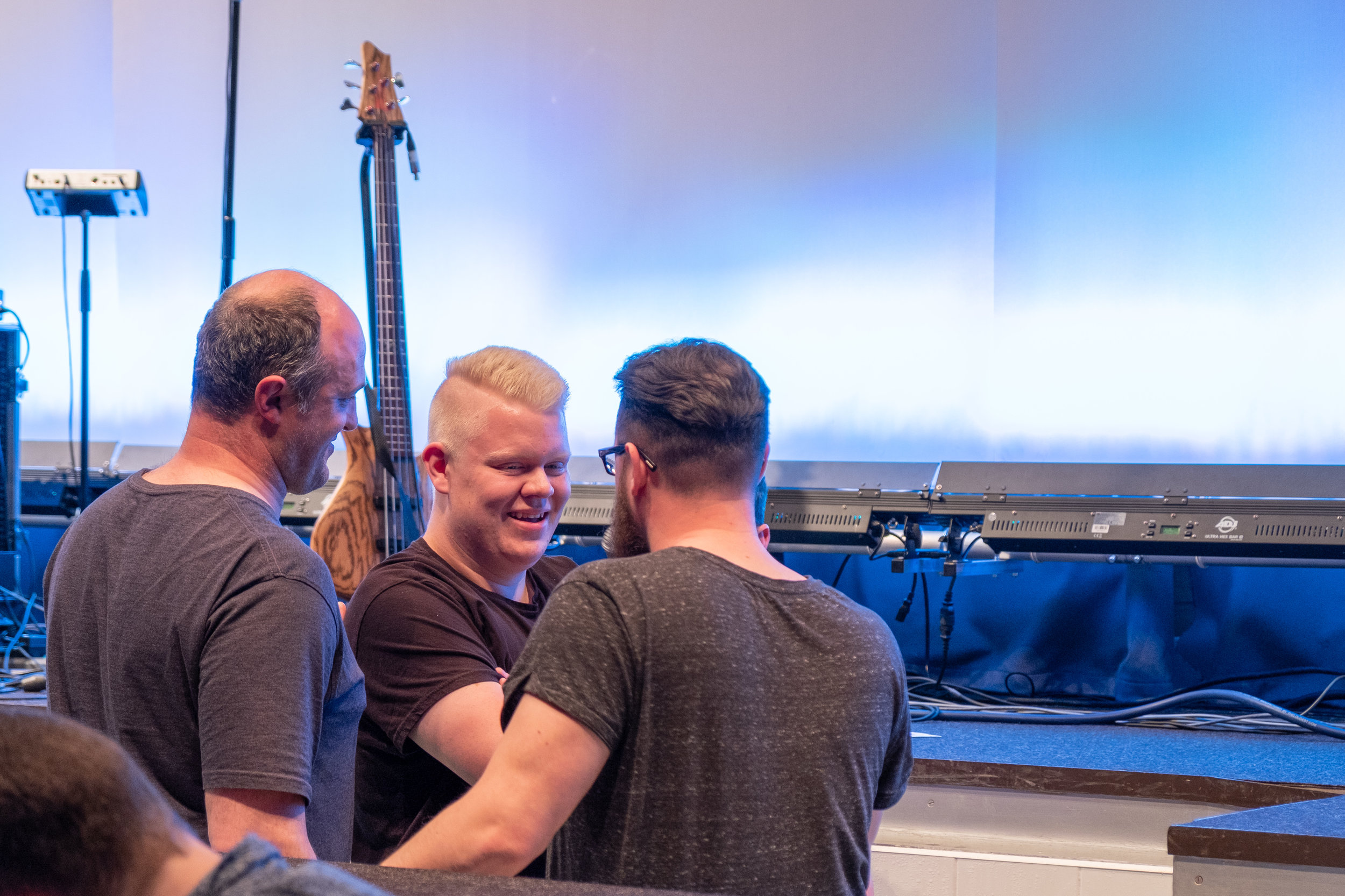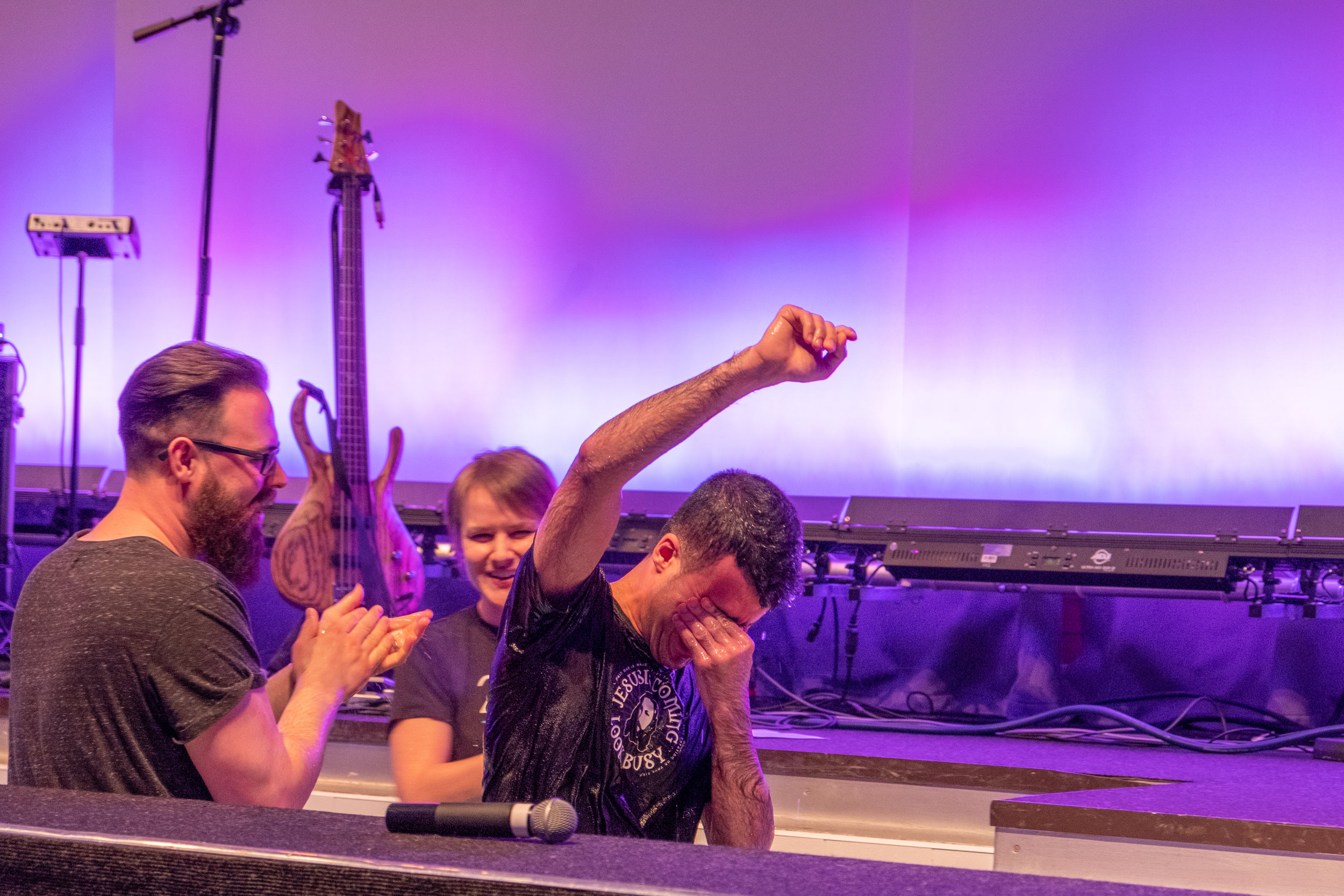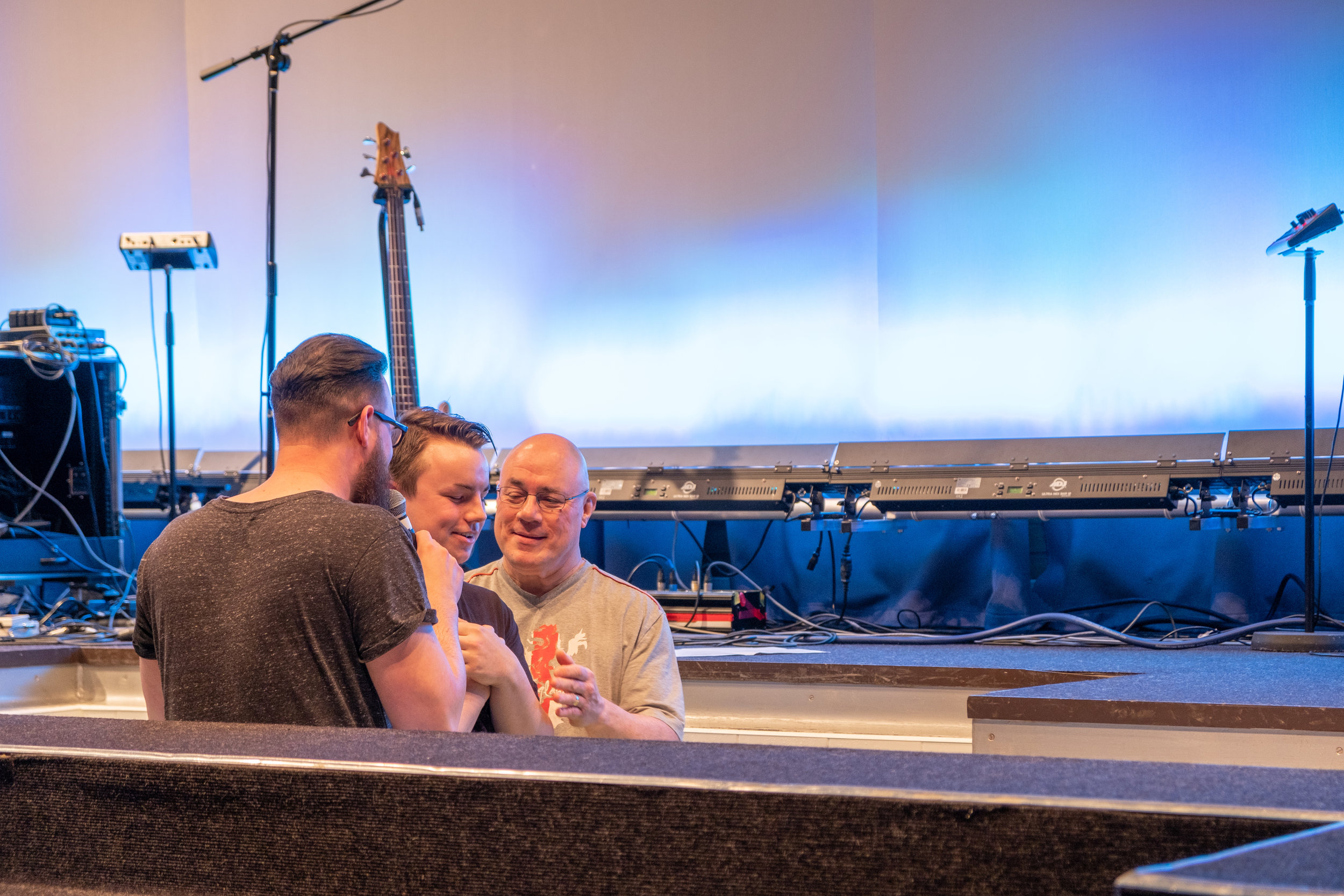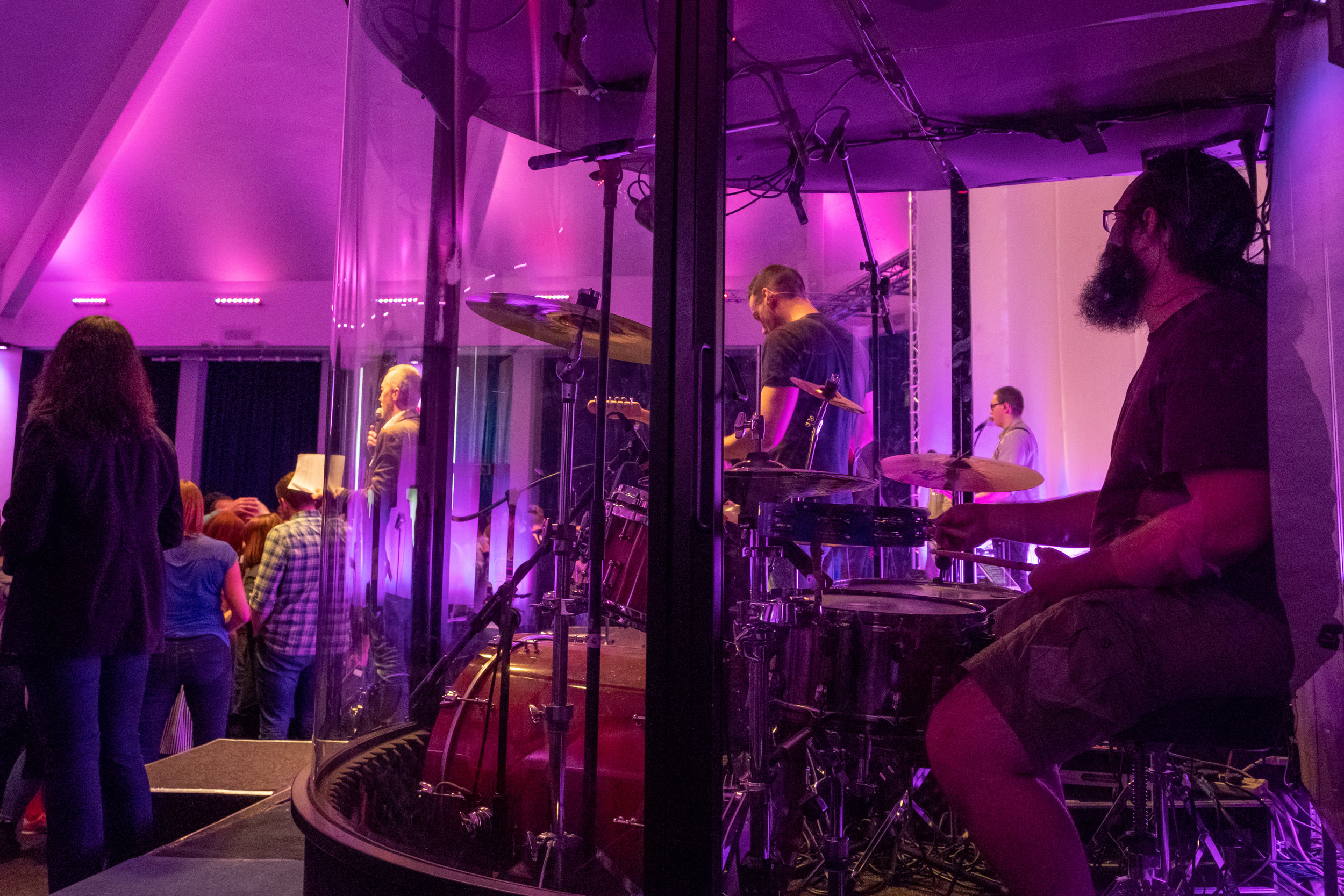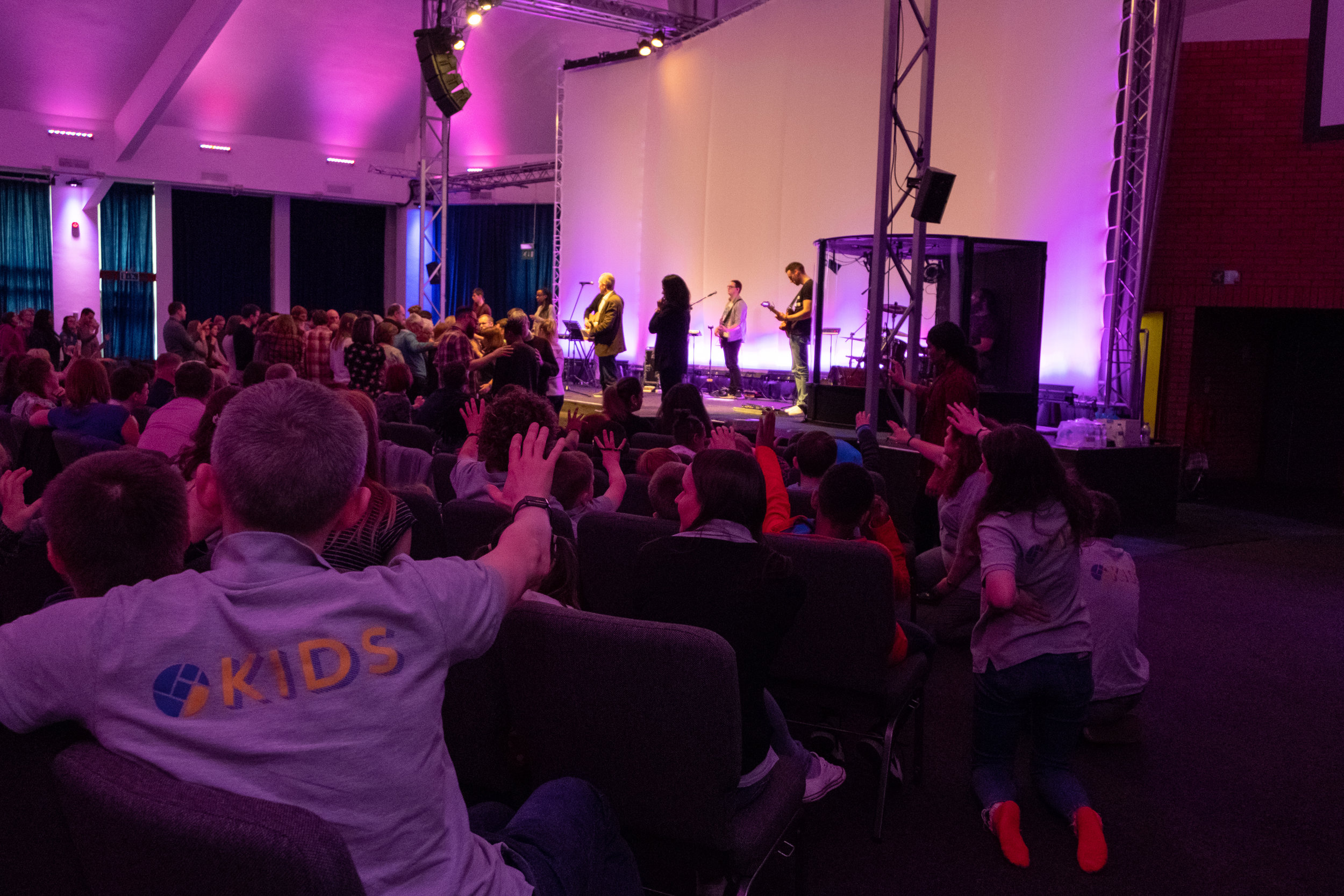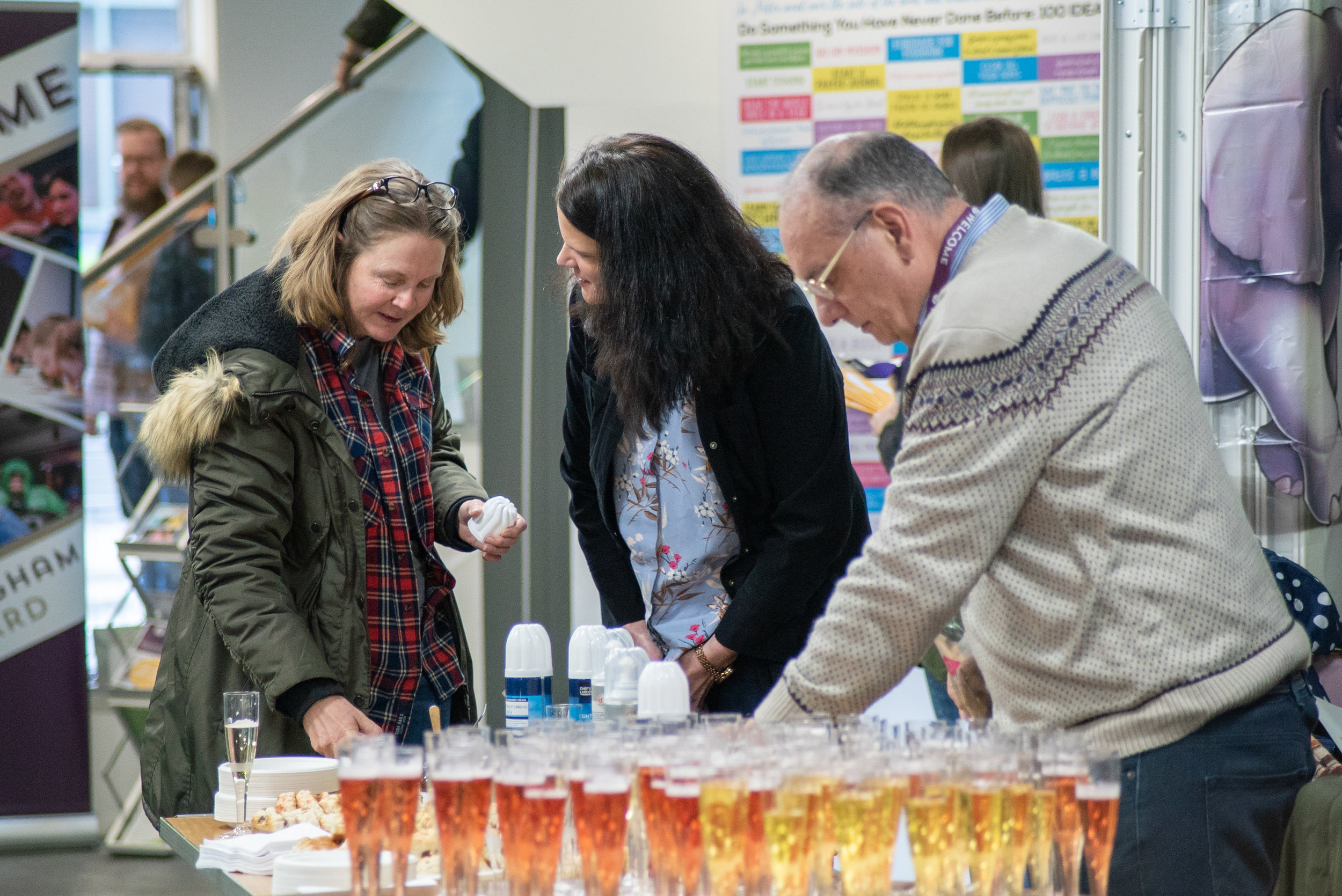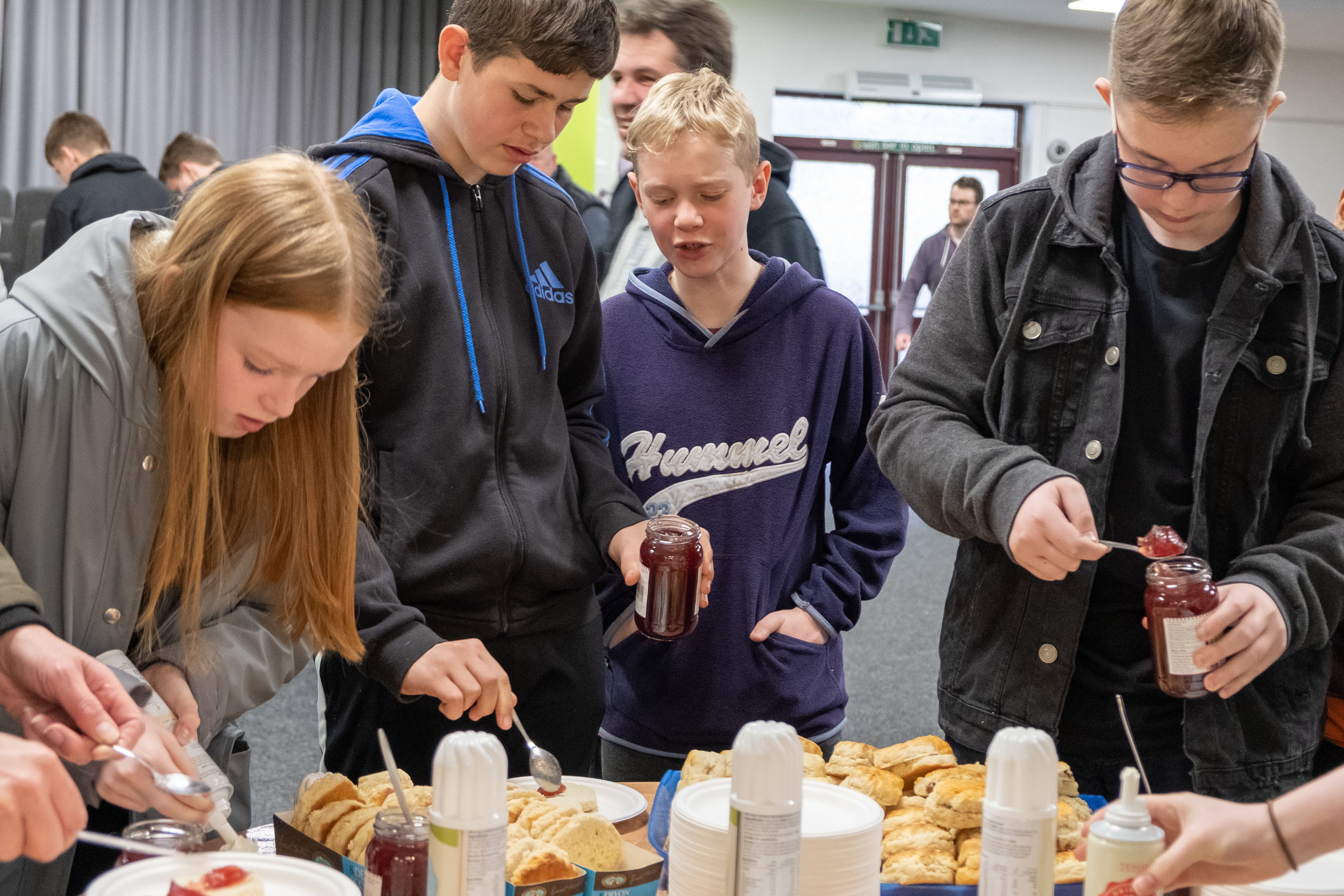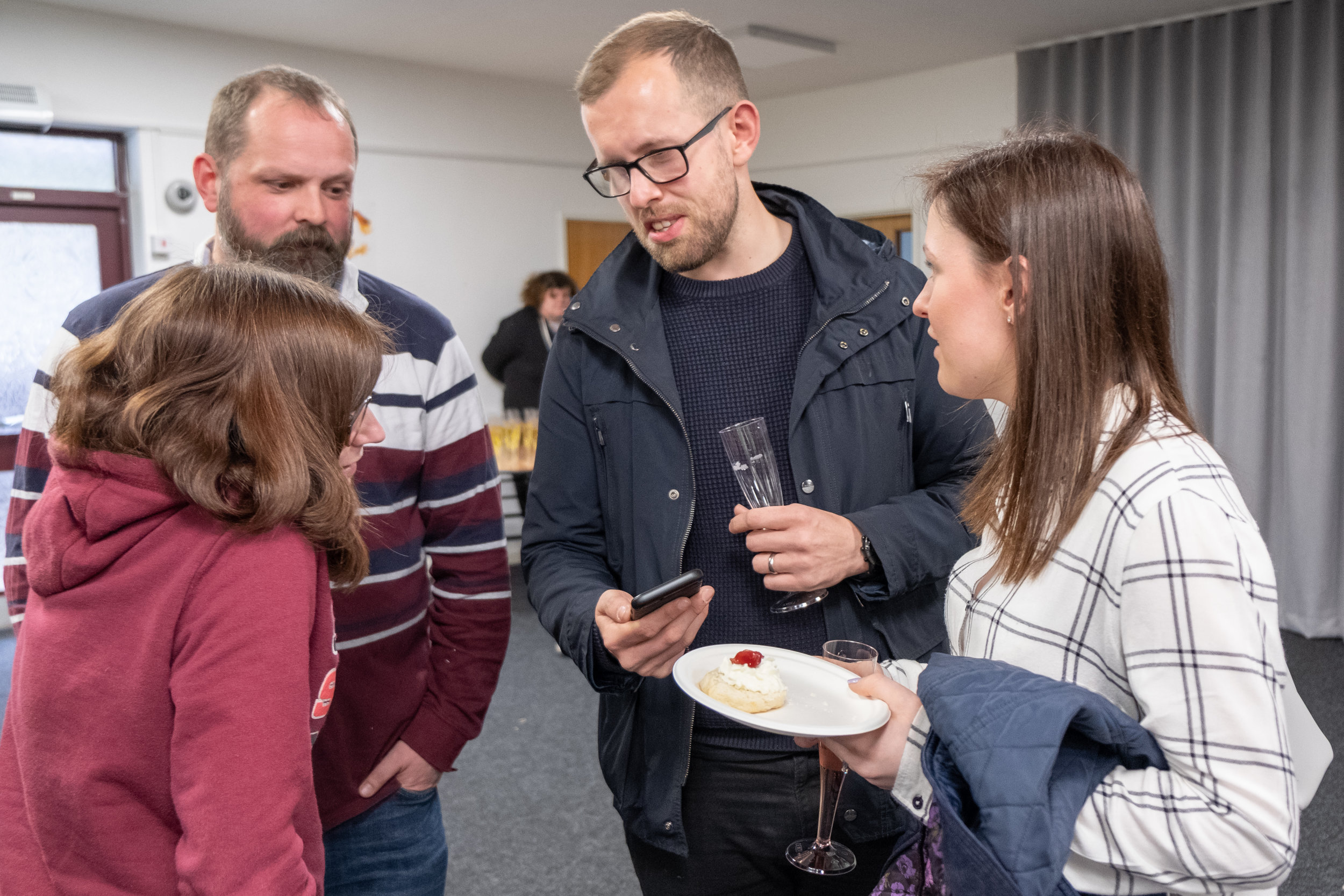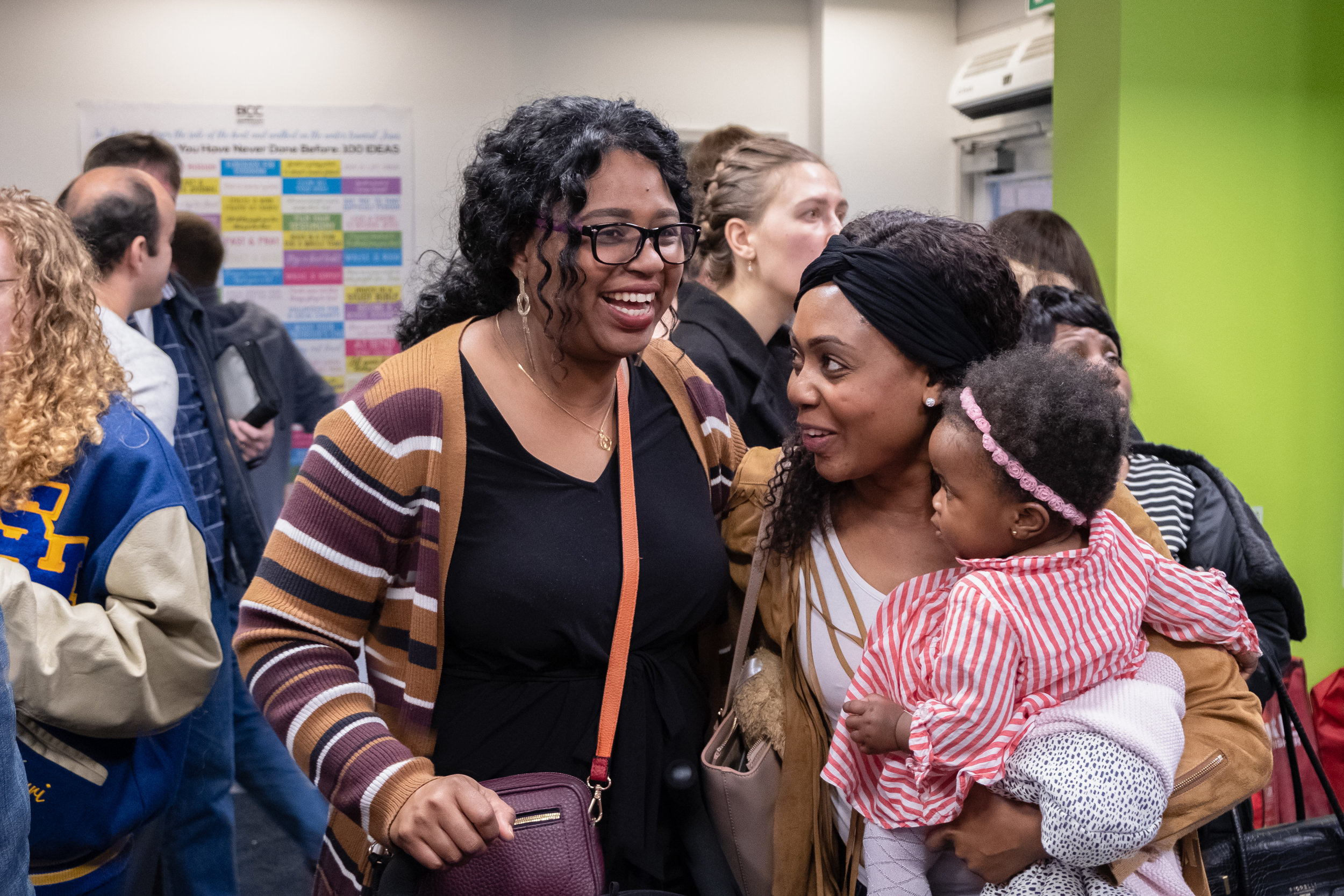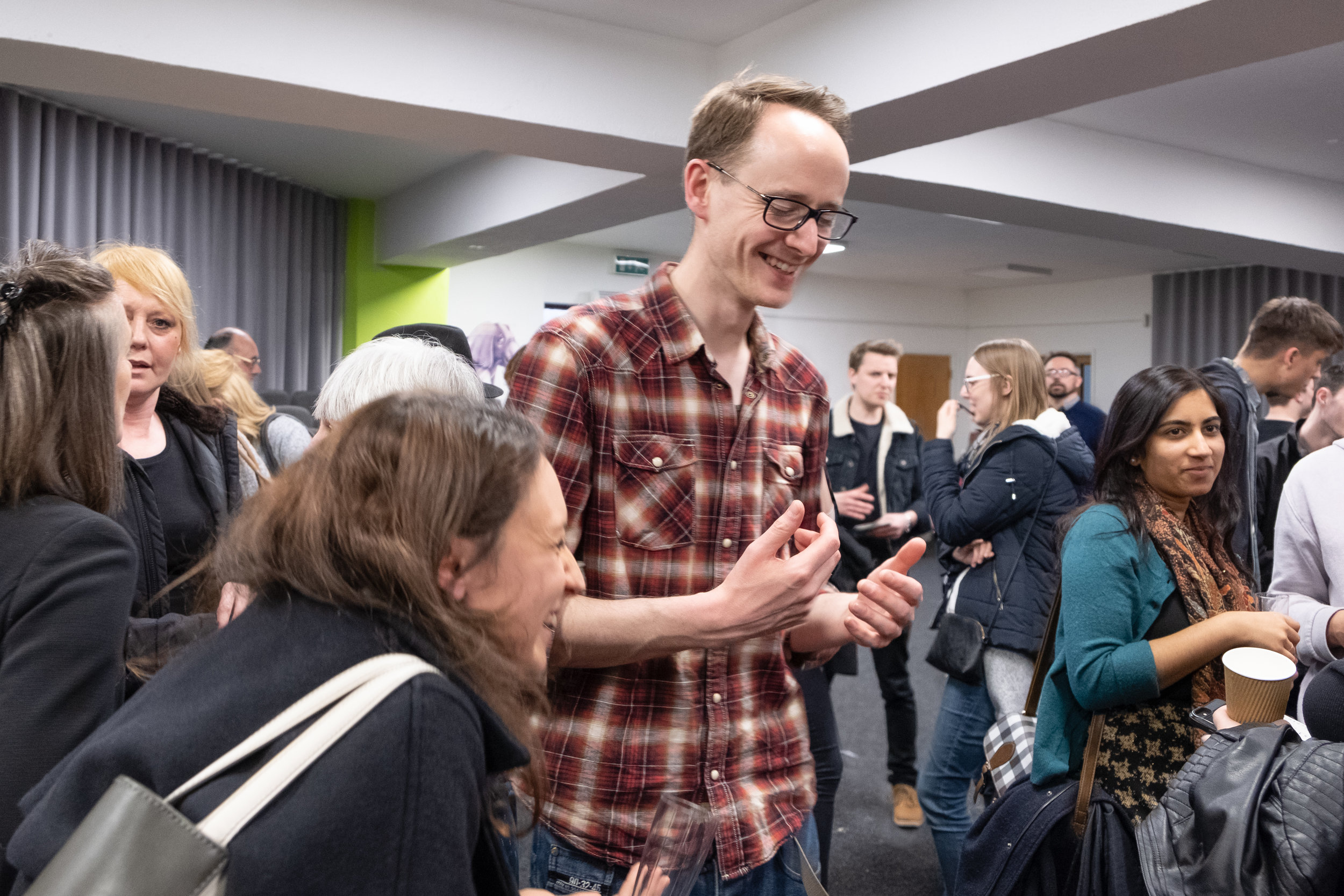The concept of peace can be quite challenging to wrap our minds and hearts around at this time of year. Are you feeling the chaos yet? All the parties, the kids concerts and plays, the never ending shopping lists. Our emotions are maxed; for many of us the chaos around the holidays is more internal, we are navigating grief, pain, and sickness. Loneliness is weighty around the holidays, every loud reminder from society about “how Christmas should feel” is like twisting a knife into that painful loneliness just a bit more.
So how, how in the midst of external and internal chaos, can we receive into our own lives the coming of the Prince of Peace? How can peace in the midst of chaos be possible?
What is this Peace?
First, what is God’s definition of peace? The word that is used in the Old Testament for peace is “Shalom” and it means so much more than the absence of conflict or presence of comfort.
“The webbing together of God, humans, and all creation in justice, fulfillment, and delight is what the Hebrew prophets call shalom. We call it peace but it means far more than mere peace of mind or a cease-fire between enemies. In the Bible, shalom means universal flourishing, wholeness and delight – a rich state of affairs in which natural needs are satisfied and natural gifts fruitfully employed, a state of affairs that inspires joyful wonder as its Creator and Savior opens doors and welcomes the creatures in whom he delights. Shalom, in other words, is the way things ought to be.” -Cornelius Plantinga
The ancient hebrew writing of Shalom opens up another dimension to this peace. In Hebrew, each letter used describes something and the letters which made Shalom mean “to destroy the authority attached to chaos”.
A Peace which starts in our relationship with God
First and foremost, Jesus came so that we could have a right relationship with God.
God chose to come as a refugee in a broken place, live with us in a broken world, chose to allow violence to come to his body, bleed out and die to bring us life.
God initiated this through Jesus because he wants a restored and peaceful relationship with us - with you.
“Suddenly a great company of the heavenly host appeared with the angel, praising God and saying, “Glory to God in the highest heaven, and on earth peace to those on whom his favor rests.” Luke 2:13-14
We have lots of Christmas cards and little ornaments that read “Peace on Earth” don’t we? But there is no peace on earth until people start living for God and his glory.
See, the root problem behind the lack of peace is that our lives were created to revolve around God. God is the centre. We human beings were designed, we were engineered to be like planets that revolve around the sun. Instead each of us tends to live our lives like we are at the centre.
To experience the peace that Jesus brings - He must become the centre. Glory to God. Then peace on earth.
“For he himself is our peace” Ephesians 2:14
Jesus is our peace. We cannot experience shalom in our own lives and we cannot produce shalom in the lives of those around us. We can produce friendliness, agreements, settlements but we cannot produce shalom. We can’t produce a sense that things are the way they ought to be without God.
This truth begs the questions:
Where is your life aligned at the moment? What are your most dominating thoughts the past few days? Are they thoughts that acknowledge Jesus at the centre?
Or are they thoughts that center around our expectations being met or unmet, about how we will get our needs fulfilled?
When we re-align with God at the centre, everything else gets re-aligned and we begin to experience the wholeness of shalom in our life.
A Peace which continues throughout our self
As we are re-aligned in our relationship with God, this shalom continues throughout our relationship with our own selves.
“Peace I leave with you; my peace I give you. I do not give to you as the world gives. Do not let your hearts be troubled and do not be afraid.” John 14:27
Fear is not from God and fear never helps us. God does not want us to live our lives from a place of fear. But the reality is that we live in a fear-focused and fearful place.
As a people of peace living in a fearful place, how do we reject fear and receive peace?
It’s this alignment with God at the centre that is key.
What would it be like to take every fear-filled thought captive and make it obedient to Christ? To take every thought that is anxiety ridden and send it through the filter of shalom, the destruction of that chaos. What would your life look like if you could approach situations not from a place of striving but from a place of trusting that the prince of peace is with you?
A Peace which spills out onto others
And when we can receive the shalom Jesus brings to our own lives, it spills out onto people around us. You know those people who just walk into the room and the whole atmosphere of the room shifts? When Jesus stepped into a room the atmosphere shifted. It wasn’t necessarily the words he said, it was who he was. Jesus was so full of this peace, that the universe adapts to his words and presence, peace pours out of him.
This is the impact that shalom can have in our environments - as we are filled with this peace, as we enter a room from a place of peace then our words and our actions have more impact.
Jesus is our peace. Our circumstances and our situations do not get to control our experience of shalom - Jesus brings shalom just by being with us, and as we trust him to be our source for peace and fight for that truth in every aspect of our life, atmospheres shift and we live out of a place of peace rather than of fear.
